SITREP Podcast Presents: OPS Center – The Yom Kippur War
March 15, 2019 by stvitusdancern
Jim is back with the 3rd installment of his Arab-Israeli Wars. This time he talks about the granddaddy of them all. The Yom Kippur War of 1973. This tends to be the one most people are familiar with. We are talking big battles and see the American weapons entering the battles and getting time on the battlefields in the Middle East. Jim goes into great detail about how to game this conflict and getting your armies up to speed for this conflict.
Remember to post your questions and they might just make the next episode of the OPS Center! Don't forget to keep a watch out for the next episode and let us know what you would like us to cover in the next series.
Which side are you for?
"We are talking big battles and see the American weapons..."
Supported by (Turn Off)
Supported by (Turn Off)
Supported by (Turn Off)





























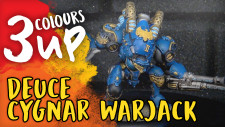

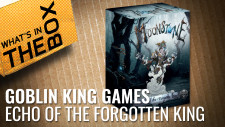



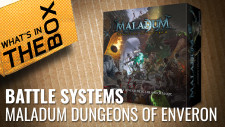





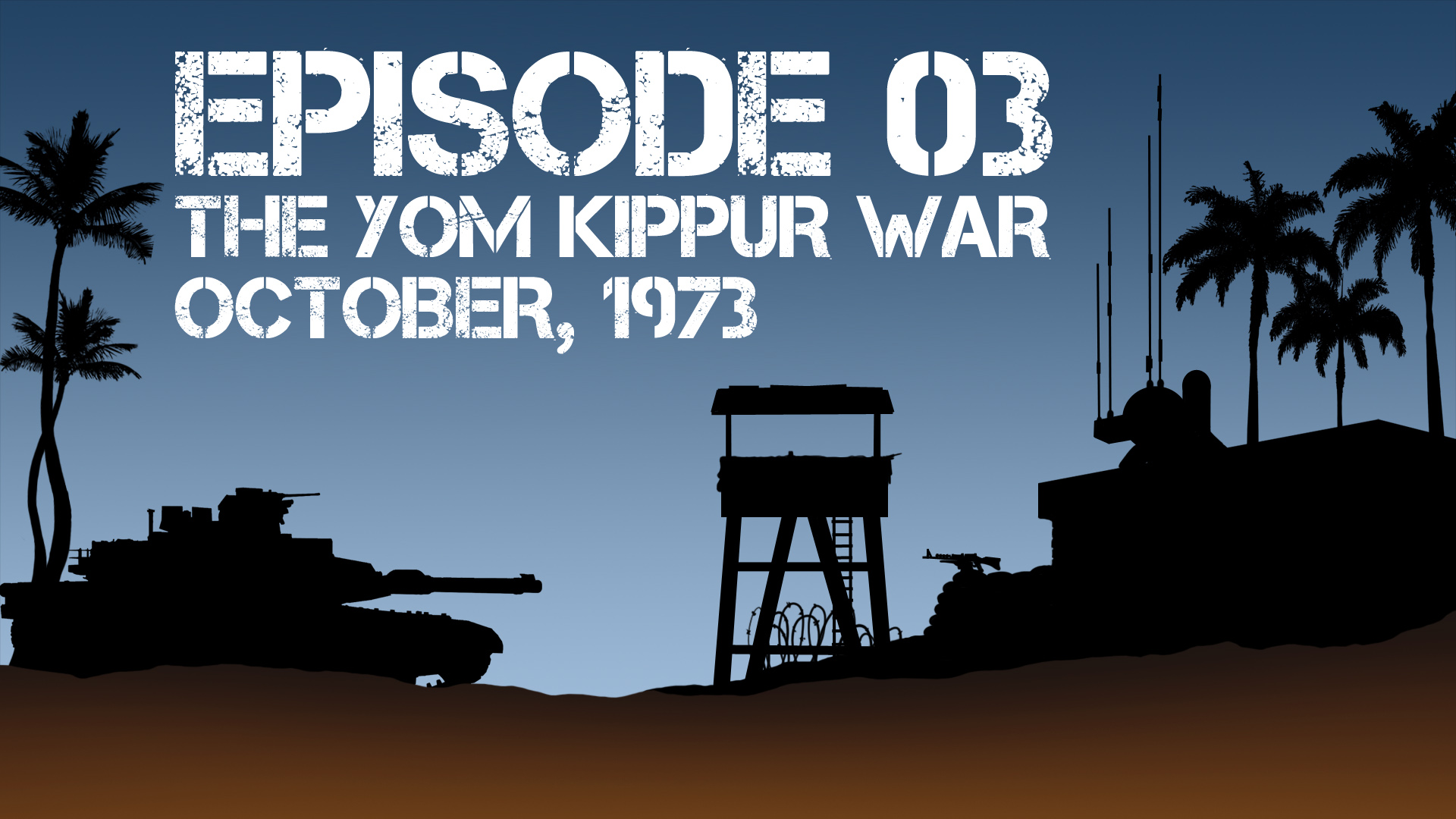


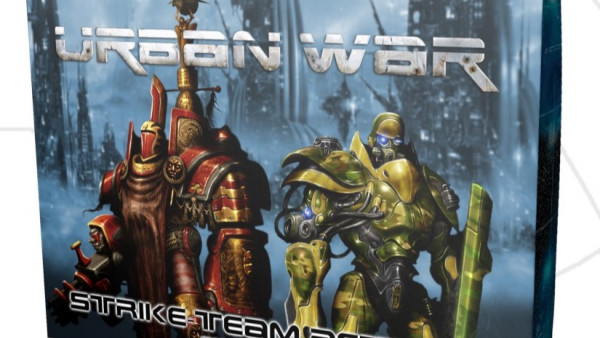

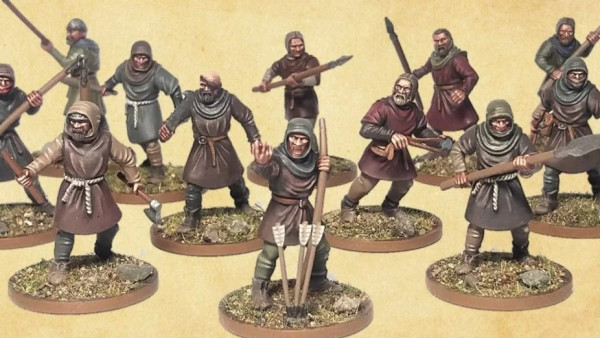
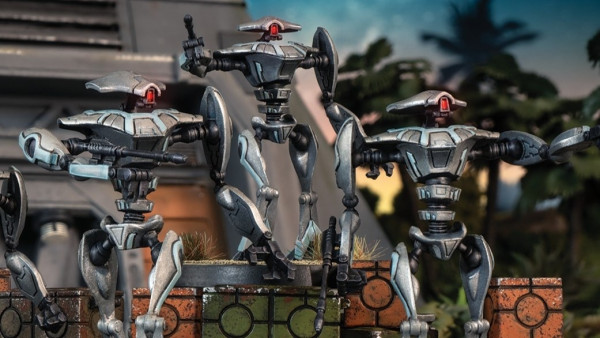
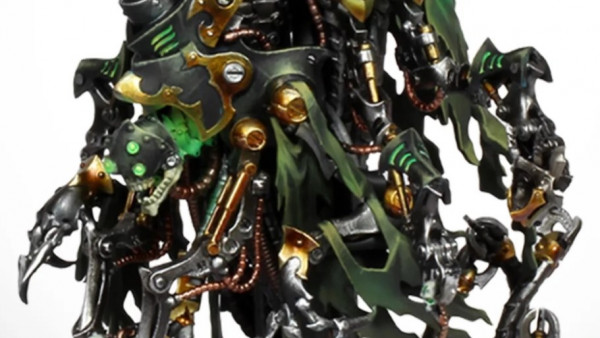


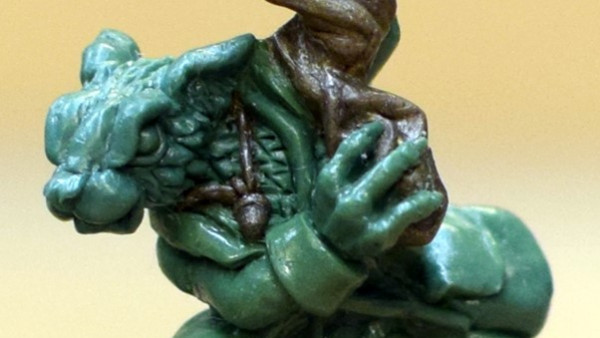
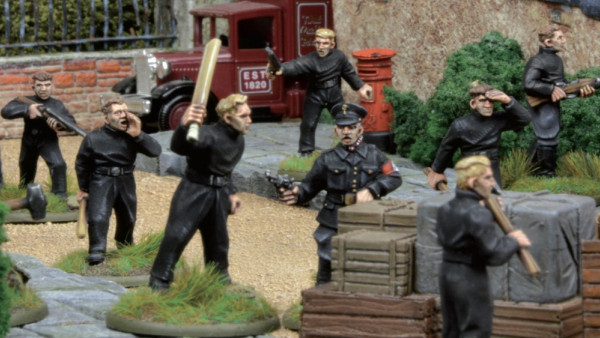

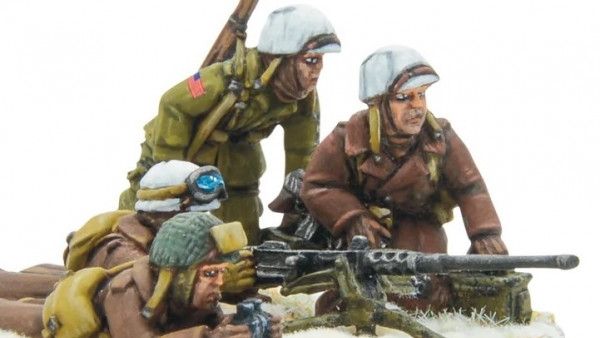

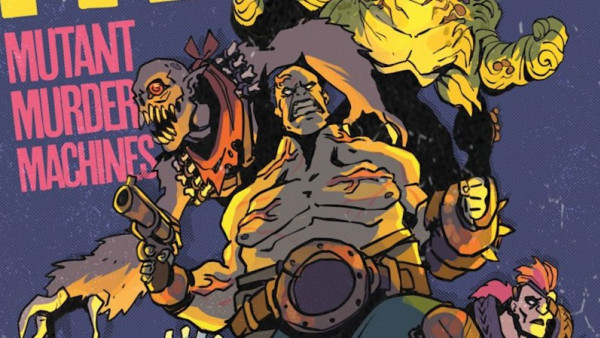
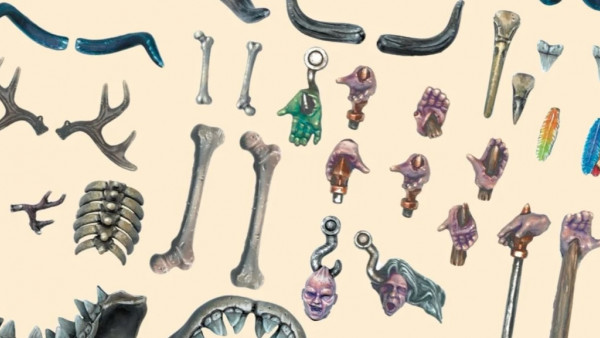

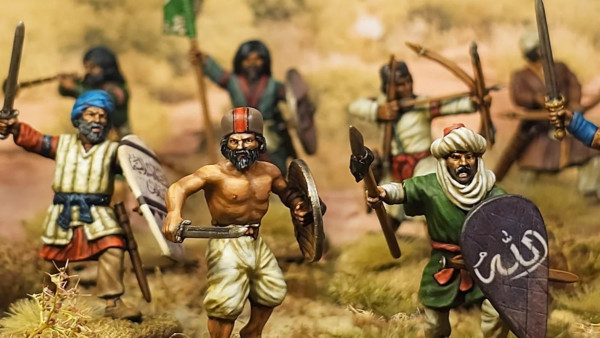


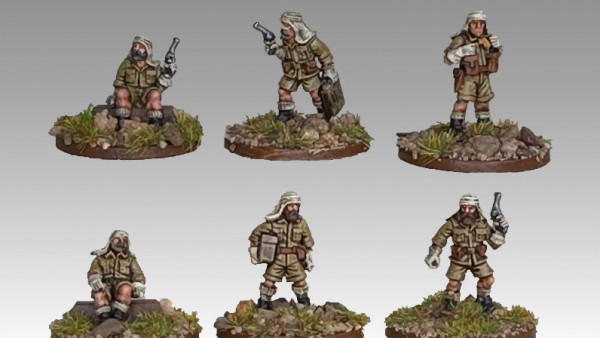

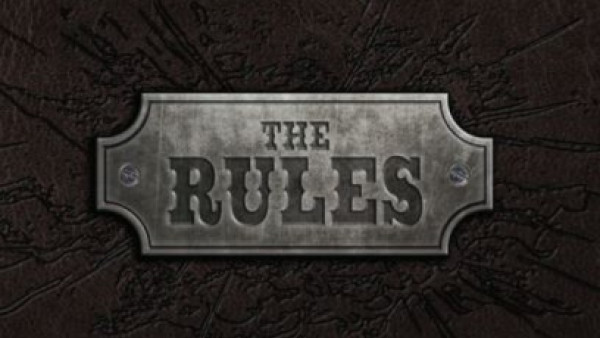
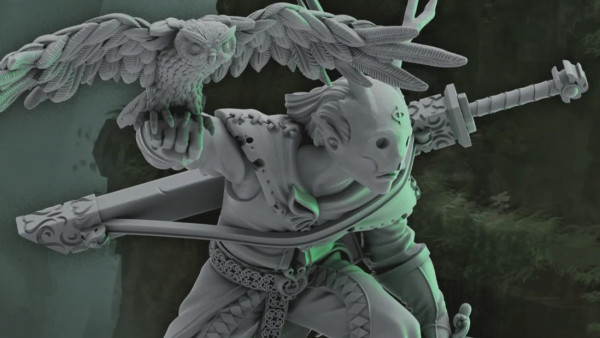
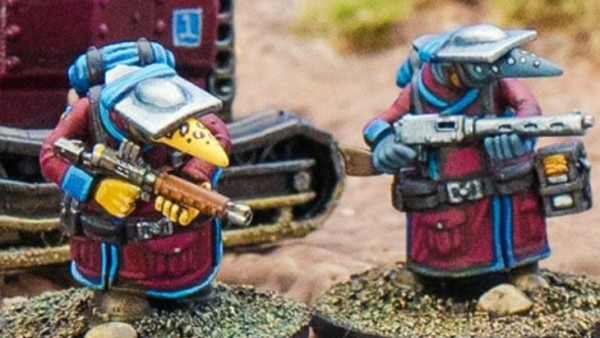
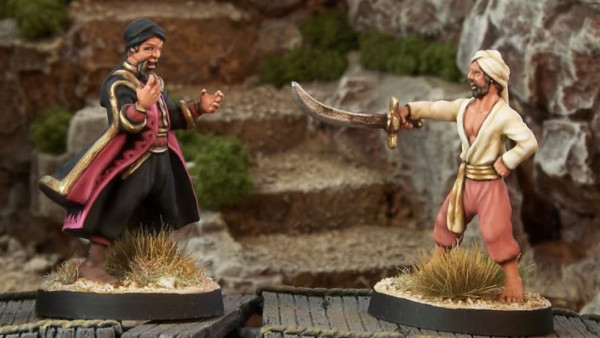
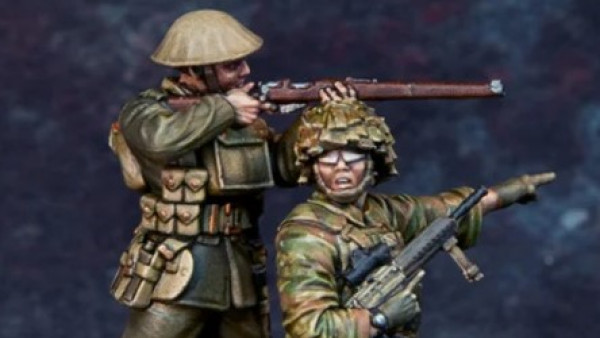
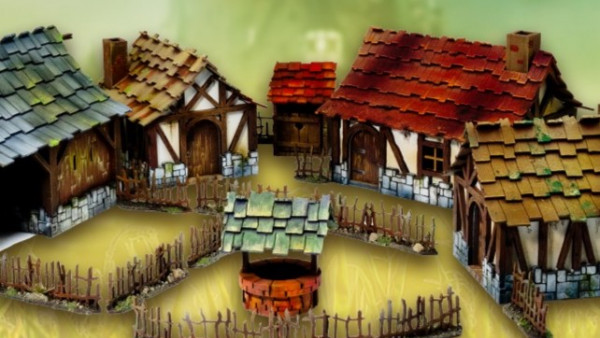
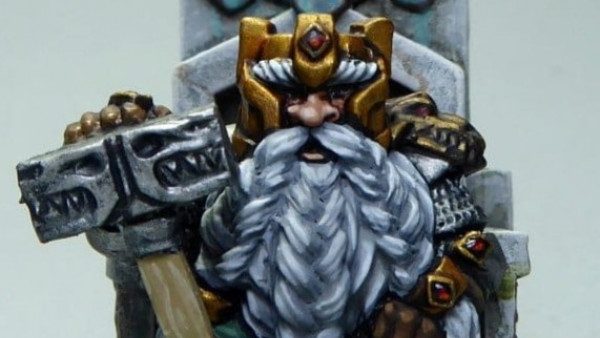
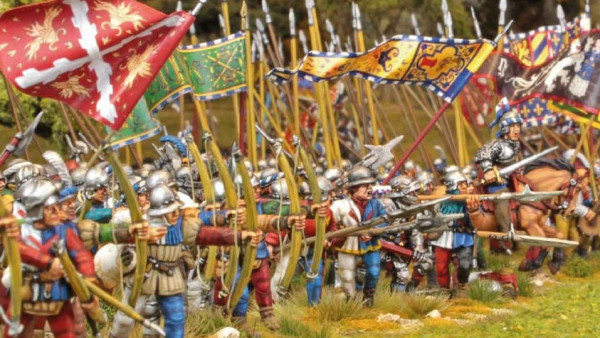

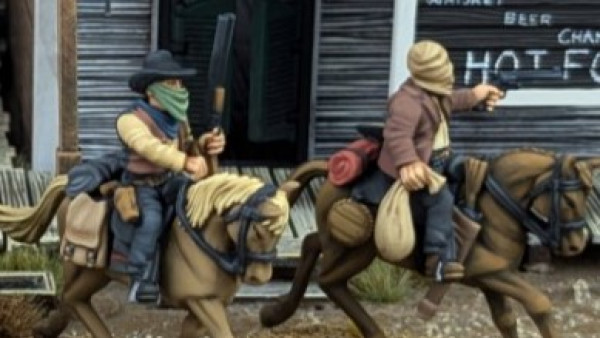


Interesting take on Egyptian planning, and how even though they seem to have lost on the battlefield, the war still delivered a little of what they set out to do.
Thansk very much, @pslemon – I’ve seem some writers claim that Egypt actually “won” their part of the Yom Kippur War / Ramadan War – and while there is a verrrry slender case for this, I think it’s kind of a stretch. Considered in the broadest sense … Egypt wanted the Sinai returned, and the war set in motion a series of events that EVENTUALLY returned the Sinai to them … mayyyybe??? The counter-argument this is that the Sinai was returned via diplomacy after the military option of Operation Badr ultimately failed. Israel would return the Sinai, but only on… Read more »
Brilliant, look forward to episode four and hopefully the Oriskany take on the Falklands.
Thanks @gremlin – Episode 4 is already started and we’ve already live streamed out first wargame for the video – Valor & Victory updated to 1982 Lebanon – check it out on Twitch:
https://www.twitch.tv/sitreppodcast/videos
Just please skip past the first five minutes or so. 😀 Trying to get the Twitch stream up and running properly.
Very good but short, just a teaser for more reading. The Chinese farm was a mess that for years was not acknowledged in the west because the AT3 made such an inpacked on the battle, it exposed such a vulnerability of armour vehicles by a cheap counter for the infantry. Your comment on how tank casualties we’re counted by Israel is very valid, as it tries to down play the impact of the Egyptian tactics.
Thanks very much @pongo50 – Indeed, trying to summarize wars like this, and work in a wargaming angle, in less than 30 minute, is always a challenge. And yes, Chinese Farm (Oct 16-18) and the “Black Monday” battles (October 8) all show what happen when purely-armored forces try to drive against infantry equipped to deal with them. Fortunately, by Chinese Far Israeli tank brigades were no longer acting alone and working with combined arms tactics to mitigate the threat, but the Sagger threat was definitely there in a big, big way.
Glad you liked the video!
I know these are a lot of work… But I really appreciate them. I get all the benefits of reading your articles without all of the work. 🙂 Also this way we get musical accompaniment.
Probably the neatest thing about this topic is the drastic difference between this conflict and the previous one. It seems like it Egypt have just stuck to their original plan things might’ve turned out differently.
Would things have turned out different had the Egyptians stuck to their plan? Whether Operation Gazelle (Israeli crossing of the canal and eventual cutting off of Egyptian Third Army) would have succeeded without the Egyptian defeats at Wadi Marbouk, Botzer, and Tasa Corridor (basically, all those October 14 battles) is an open question. The Egyptians took tremendous tank losses in the battles, but tanks didn’t really come into play in the later defensive battles against Operation Gazelle – Chinese Farm, Deservoir, and Fayid. That said, there were Egyptian attempts at pinching off the Israeli penetration toward their Suez crossing point… Read more »
Never listen to your allies
There is only one thing worse than trying to fight a war with allies.
That is to fight a war without them.
Winston Churchill
nice one Jim love the look on your centurion’s commander like he’s just watched a bomb strike miss.
Read his book, @zorg, you’ll know what he’d just been through when that photo was taken. 😀
Lol an is still going for therapy?
If we’re talking about the same guy, Kahalani later rose to command 36th Division in 1982 Lebanon. Later a member of Parliament, and I think now the leader of a Veteran’s Association (??)
? I thought he was a general game figure @oriskany.
Oh damn, @zorg – you mean the 15mm commander in the Sho’t Cal Centurion Battlefront miniature. Yes, I’m sure he’s just an individual tank commander, and not designed to represent anyone in particular. 🙂
I thought you might have meant either Lt. Col Avidgor Kahalani (Centurion Battalion 77 commander at Valley of Tears). He’s the “biggest” Centurion commander in the video and his picture is the default thumbnail in the YouTube video. That’s where I got confused.
Lol my mistake for being vague in my post.
No worries at all, sir. We got there eventually. 😀
ill have a wee look for get the book.
It’s just a really good account of what it’s actually like in a tank battle, to command one on the battalion level, etc. Other books like Team Yankee and Red Army do a great job at this as well, with one exception … this one is real. Kahalani won the Israeli Medal of Valor for this battle at the Valley of Tears, their highest award, equivalent to the VC or the American Medal of Honor.
Great video as always sir! I’m pretty well versed in the conflicts that you’ve presented YET I always learn a few interesting nuggets. And the visuals always make watching a treat. Kudos to you! Also, I wanted to let you know that my students (sophomores in high school) were required to watch your 1967 video when we were covering the 6 Day War a few weeks back. The feedback was that your video was clear, informative, and most importantly to them – linear and without extraneous information. More importantly to ME a few students even asked me what this wargaming… Read more »
@stlwarrior – Thanks so much. Seriously, man … this is the kind of comment that makes this work genuinely worthwhile. Especially from a teacher (my GF @gladesrunner teaches 5th Grade) and someone who knows the conflicts. Having the opportunity to teach some small sliver of military history, not only to the community but to people outside our community (but hopefully imminent recruits) – it really makes me feel great. And if we can recruit some more people into wargaming, all the better! So much of today’s younger generation feel that games like the latest “Call of Duty” in “military wargaming.”… Read more »
Magnificent work Jim, I have enjoyed this immensely. You packed a LOT in this. I have only a single concept to add, Tactical Depth. It would be interesting to see what if you can flesh this out with specifics?
Thanks very much, @intelligentmistertoad – Yes, I agree -I would love to talk for 6 hours and 45 minutes about the tactical depth of some battles like valley of Tears – which is probably why we did it in the 6:45:00 live stream when @damon and I played this battle out in Avalon Hill’s The Arab Israeli Wars. On a more serious note, we run wargames almost every week where we tackle some of the conflicts under discussion in concurrent Ops Center Reviews. In these Live Streams (recorded for at least a while on Twitch, we’re getting better at archiving… Read more »
Hi Jim,
Oops, I meant Israel’s geographic need for “Strategic depth”, but by word mix up has had the unexpected benefit that I will be checking out more of your great stuff!